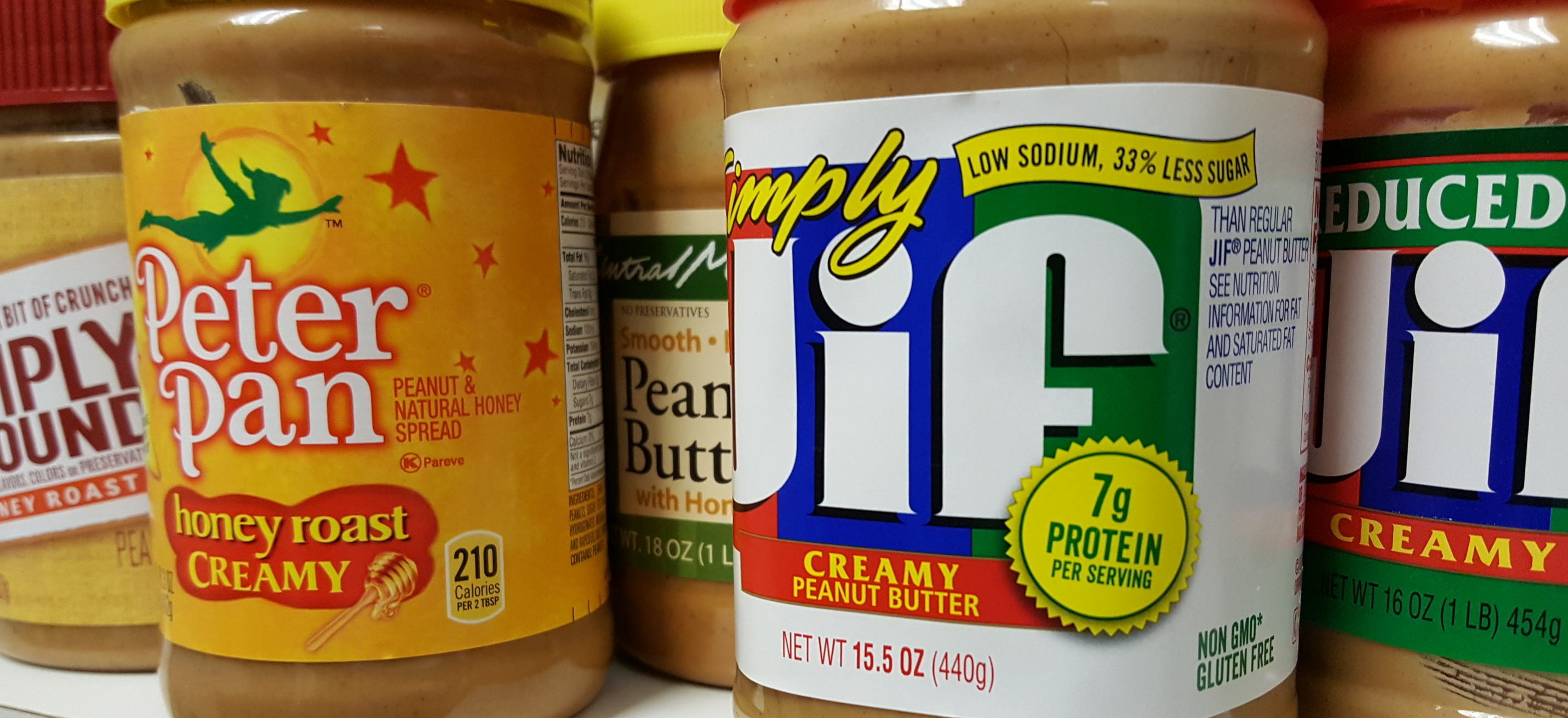Food Allergy Treatment
With the proper workup and plan, we can reduce the chances of allergic reactions with foods.
| Testing tools | Skin testing and/or laboratory studies |
There is no approved treatment for food allergies. The recommended management includes identifying the food allergens that are provoking symptoms, confirming the allergy with testing, and implementing dietary changes to avoid the food. Some patients may require carrying an epinephrine auto-injector to treat possible systemic allergic reactions. Identifying and avoiding these food allergies can help in other allergic diseases like eczema and Eosinophilic Esophagitis (EoE).
There are emerging tools for treating food allergies:
- Research shows that there is a possibility of reducing the chances of developing certain food allergies in infants. We can discuss how the chances of developing peanut allergy can be reduced in high risk patients.
- There is also much research looking at Oral Immunotherapy (OIT) as a tool to desensitize to the food in question. We have implemented some of these protocols in our practice.
- In the future, we may see other alternatives like a food patch that can be placed on the skin to desensitize (Epicutaneous Immunotherapy).
Ready to Learn More?
Request a call from a nurse to learn more about the most effective options for allergy treatment.
Or, Book an Appointment